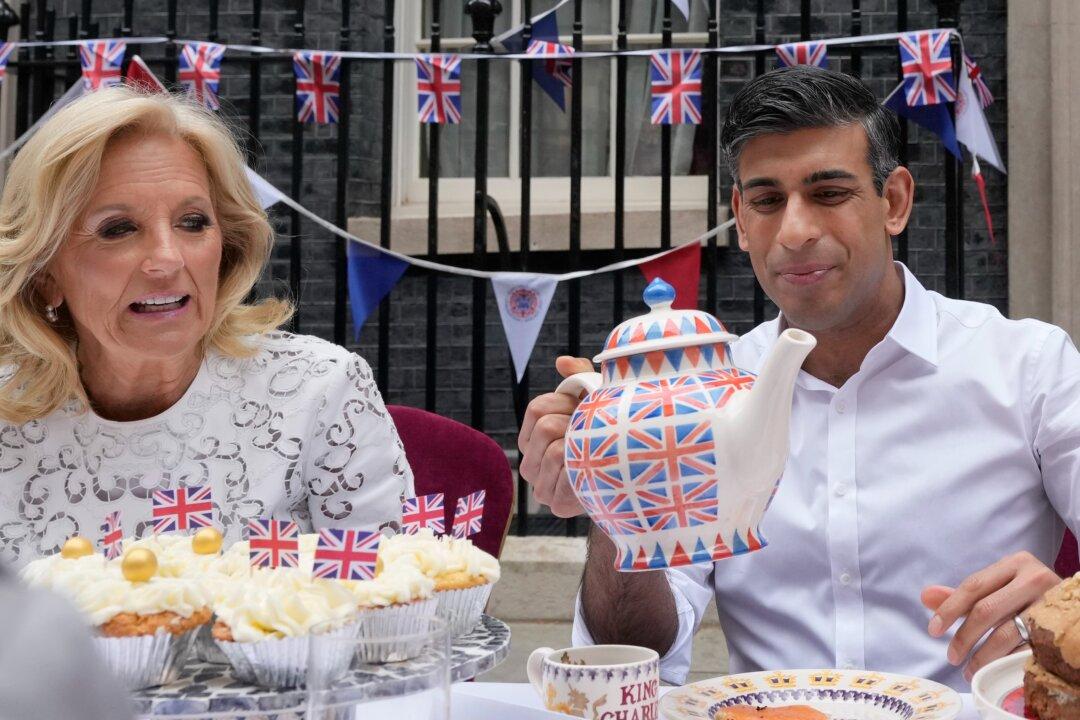The prime minister has backed the Metropolitan Police after the force was criticised for arresting dozens of protesters during the coronation of King Charles III.
As tens of thousands of people, including foreign heads of state, gathered at London’s Westminster Abbey to celebrate on Saturday, 64 people were arrested, including anti-monarchy protesters, climate activists, and people in possession of rape alarms.





